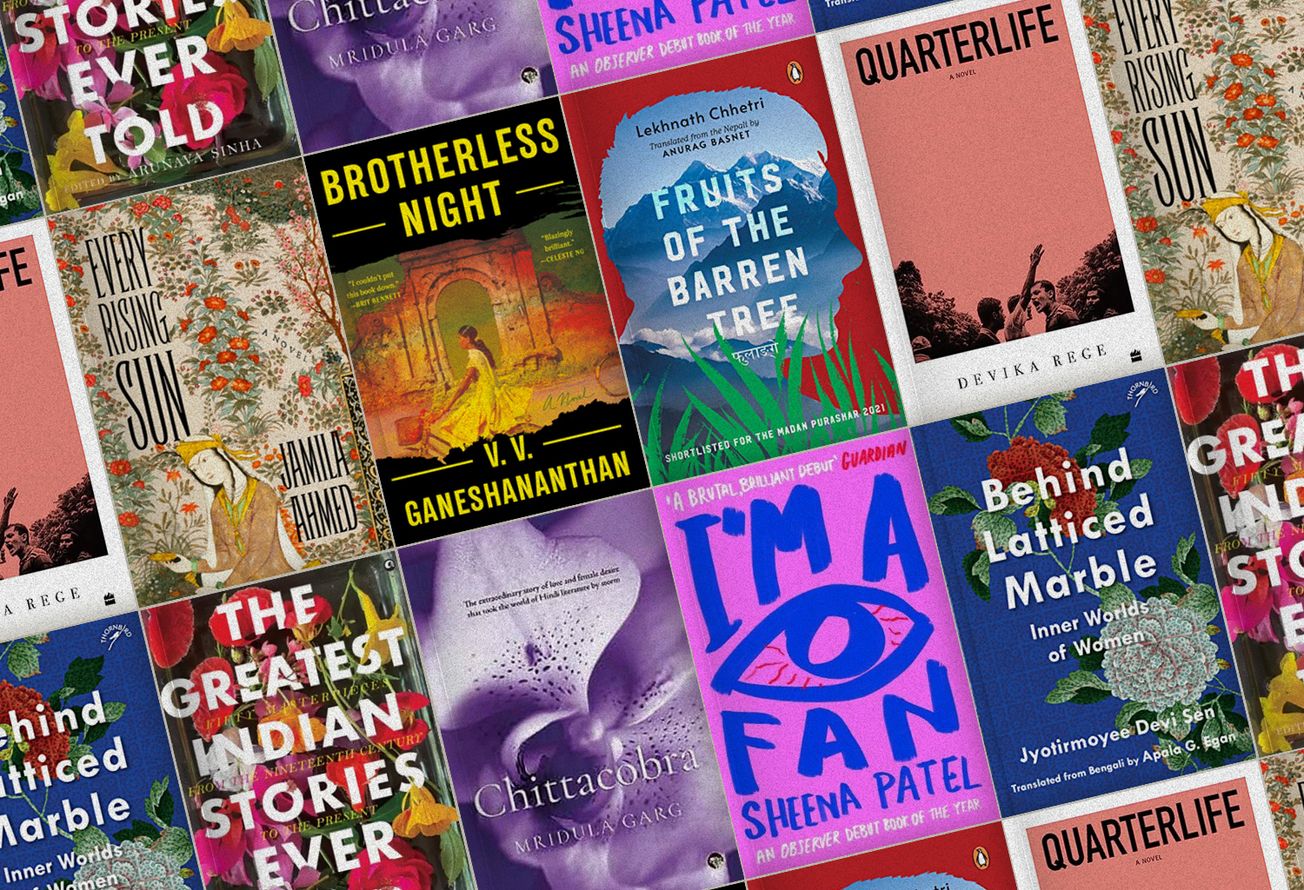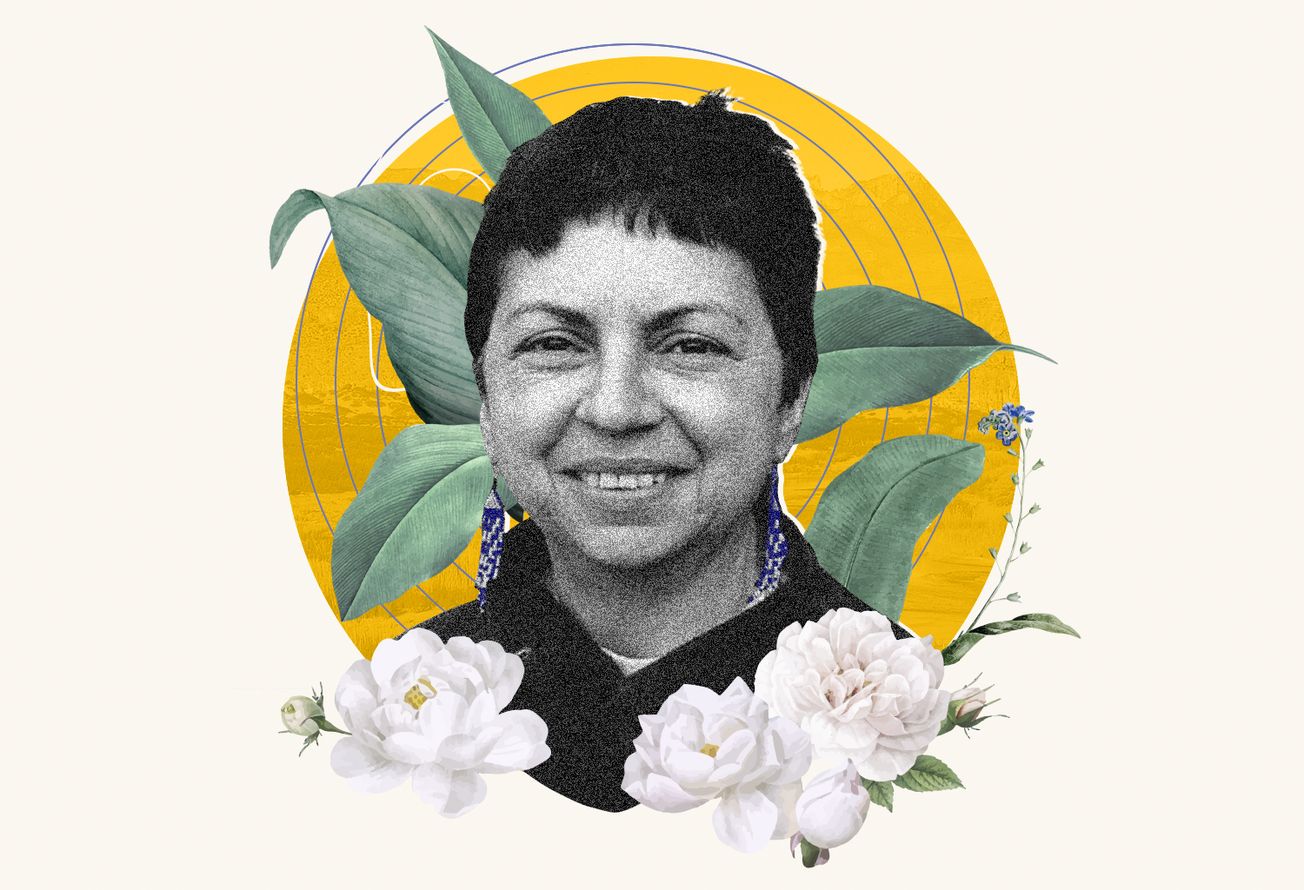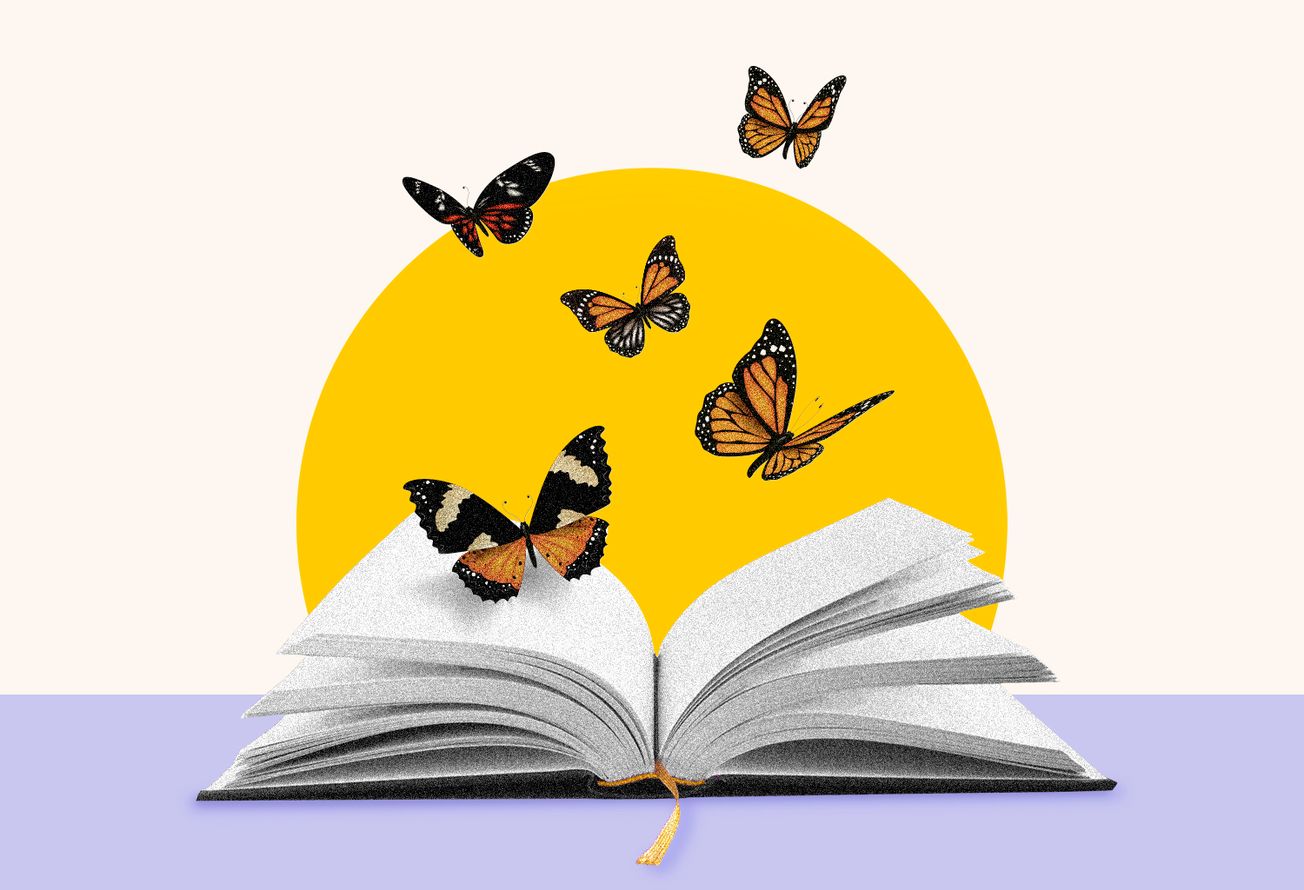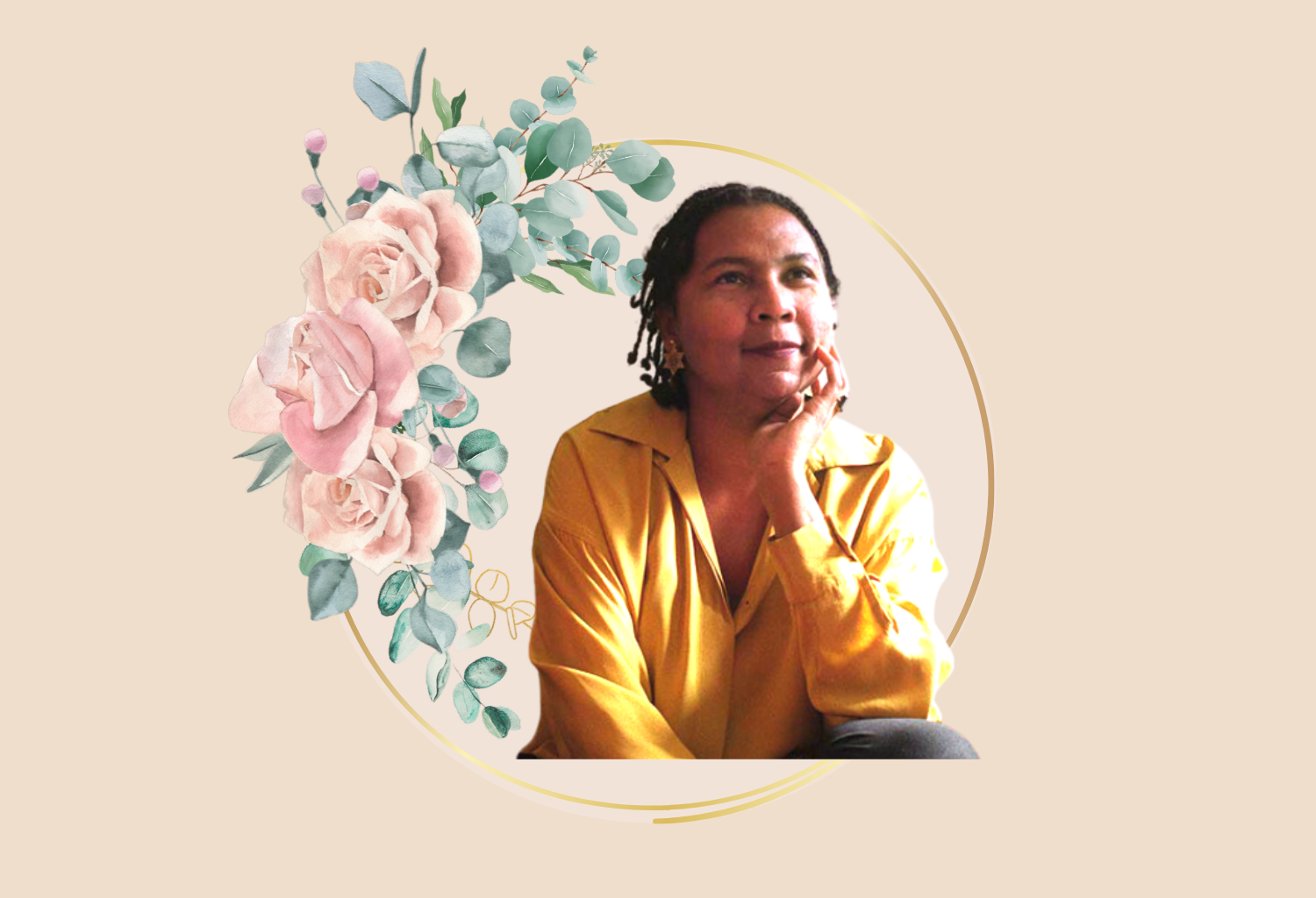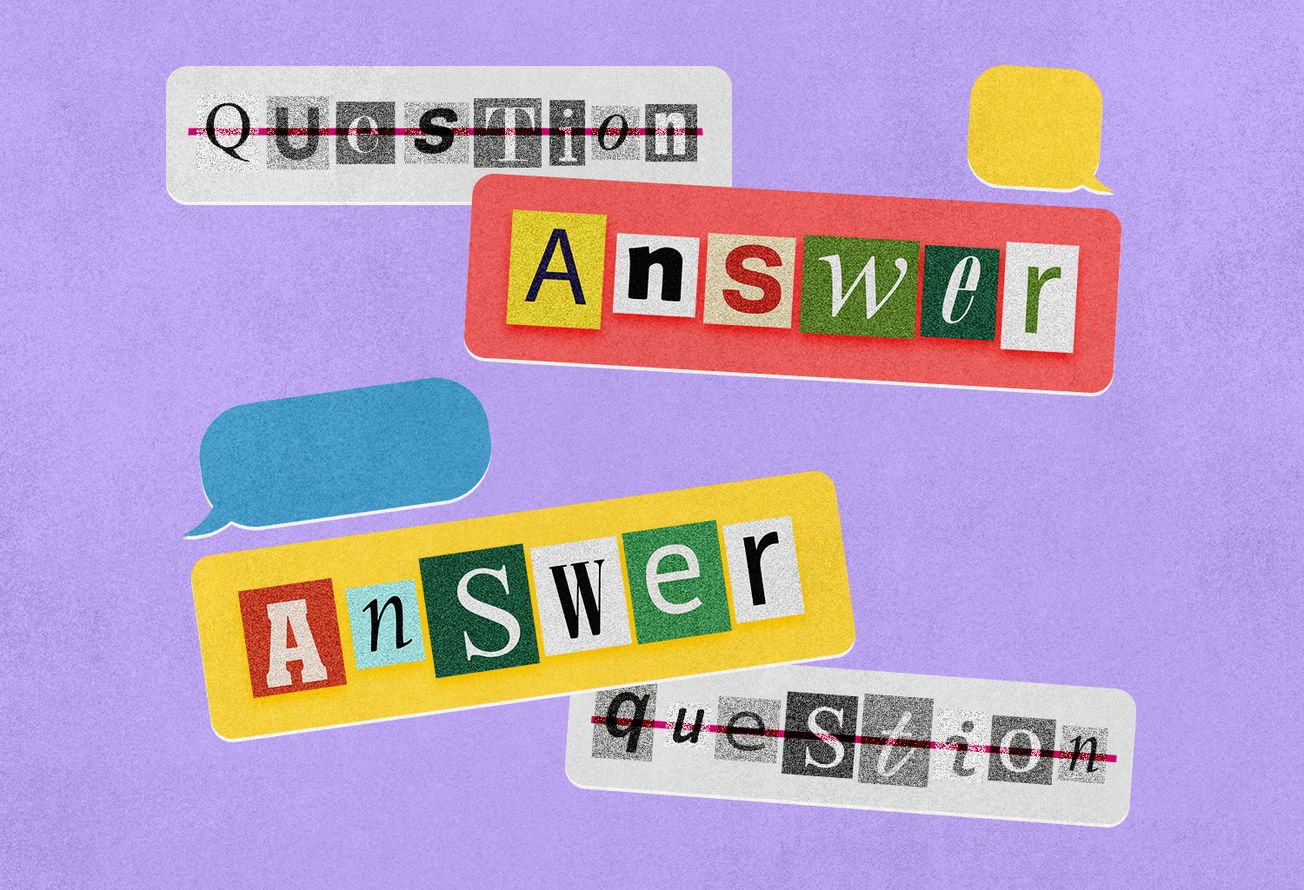Autism is still very widely misunderstood. That makes things extra challenging for autistics who already face barriers in accessing resources, accommodation, neuro-affirming care, and clinical assessments. Connecting with the community by reading about the experiences of fellow autistics provides a great deal of support and affirmation. Those who wish to understand neurodivergent folx around them better can also learn a lot from books.
In the list below, Neuroqueer Heresies, Unmasking Autism, and Authoring Autism have been authored by trans folx. Sincerely, Your Autistic Child has accounts of not just trans and non-binary folx but also of some BIPOC individuals. However, there are no accounts from South Asian authors. Hopefully, that will change soon.
Here are 15 books on autism that I read last year that helped me in my journey of self-acceptance.
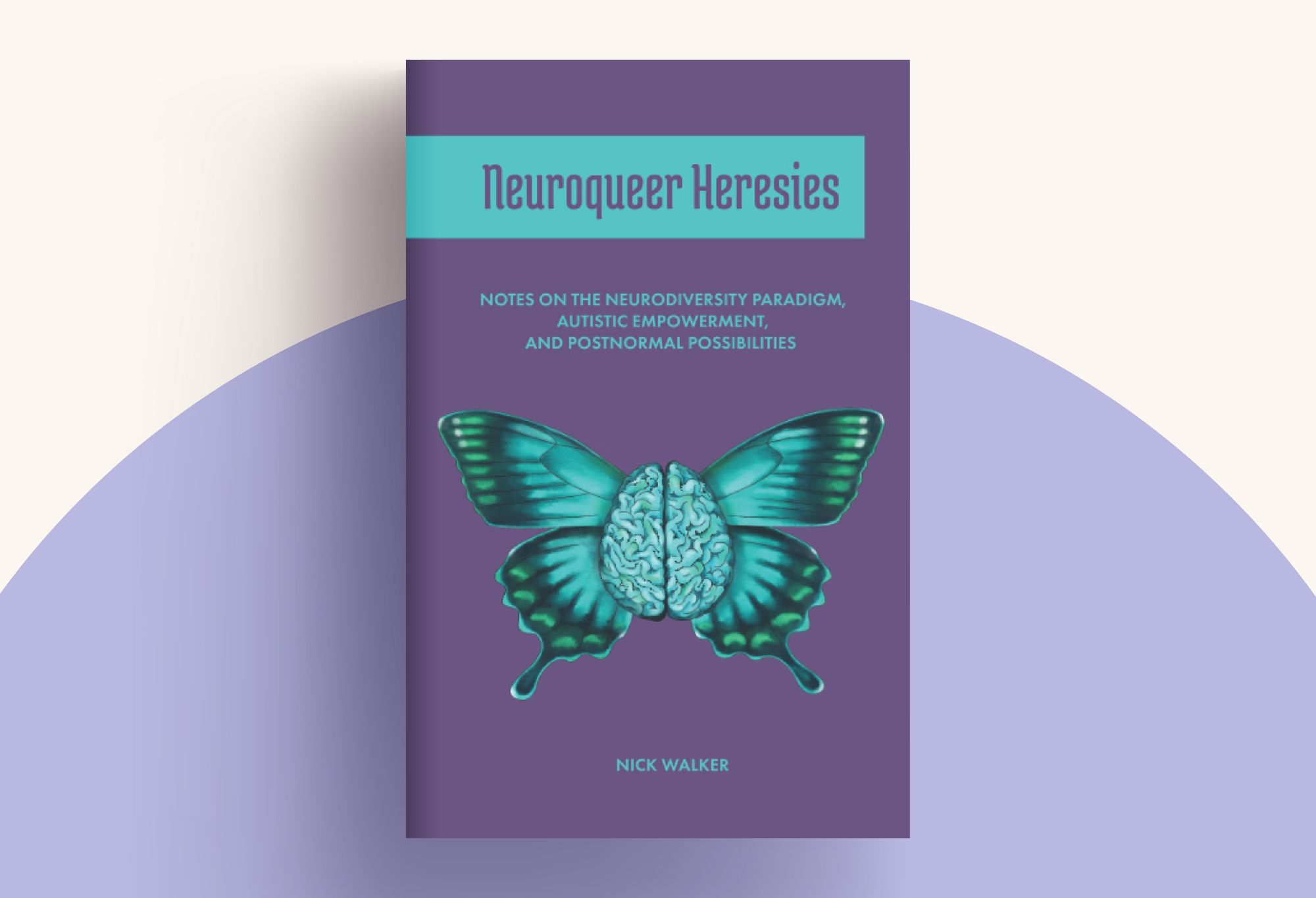
1. Neuroqueer Heresies by Dr Nick Walker
This book is an updated collection of a decades’ worth of published essays. It discusses the neurodiversity paradigm in an easily digestible form. This is one of my favourite books that I feel is most helpful for neurodivergent folx, professionals working with neurodivergent individuals, and people who care about neurodivergent folx in their lives. Dr Walker talks about neuroqueerness and encourages her readers to be authentic, regardless of sociocultural expectations.
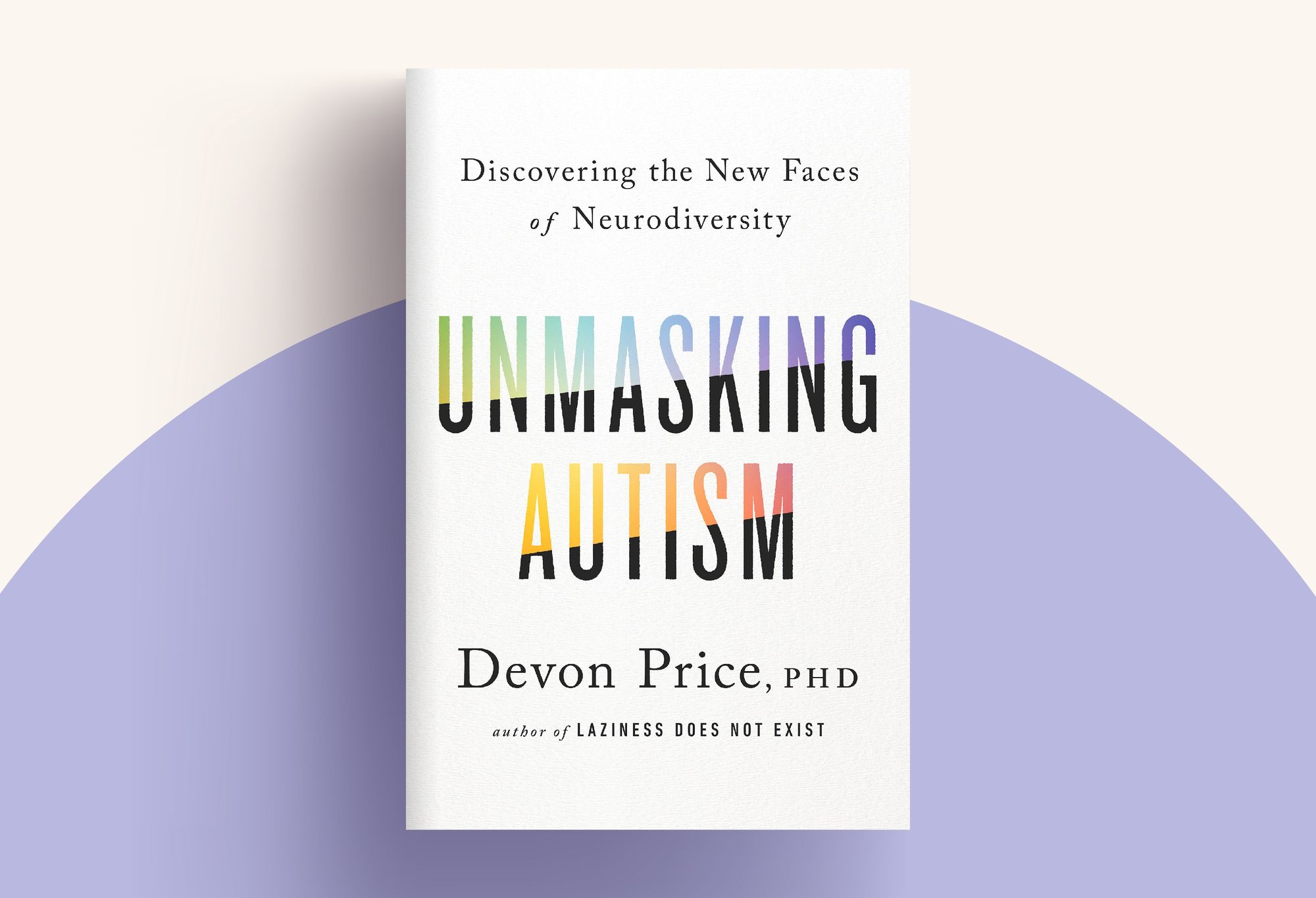
2. Unmasking Autism by Dr Devon Price
This is an essential read for all late-identified autistics and people who love them. I consider this 'The Book' on autistic masking. Given how we autistic folx have spent most of our adult lives trying to mask our true selves to fit in and make those around us comfortable as per neurotypical standards, this piece of literature is a crucial resource that can aid in our unmasking journey.
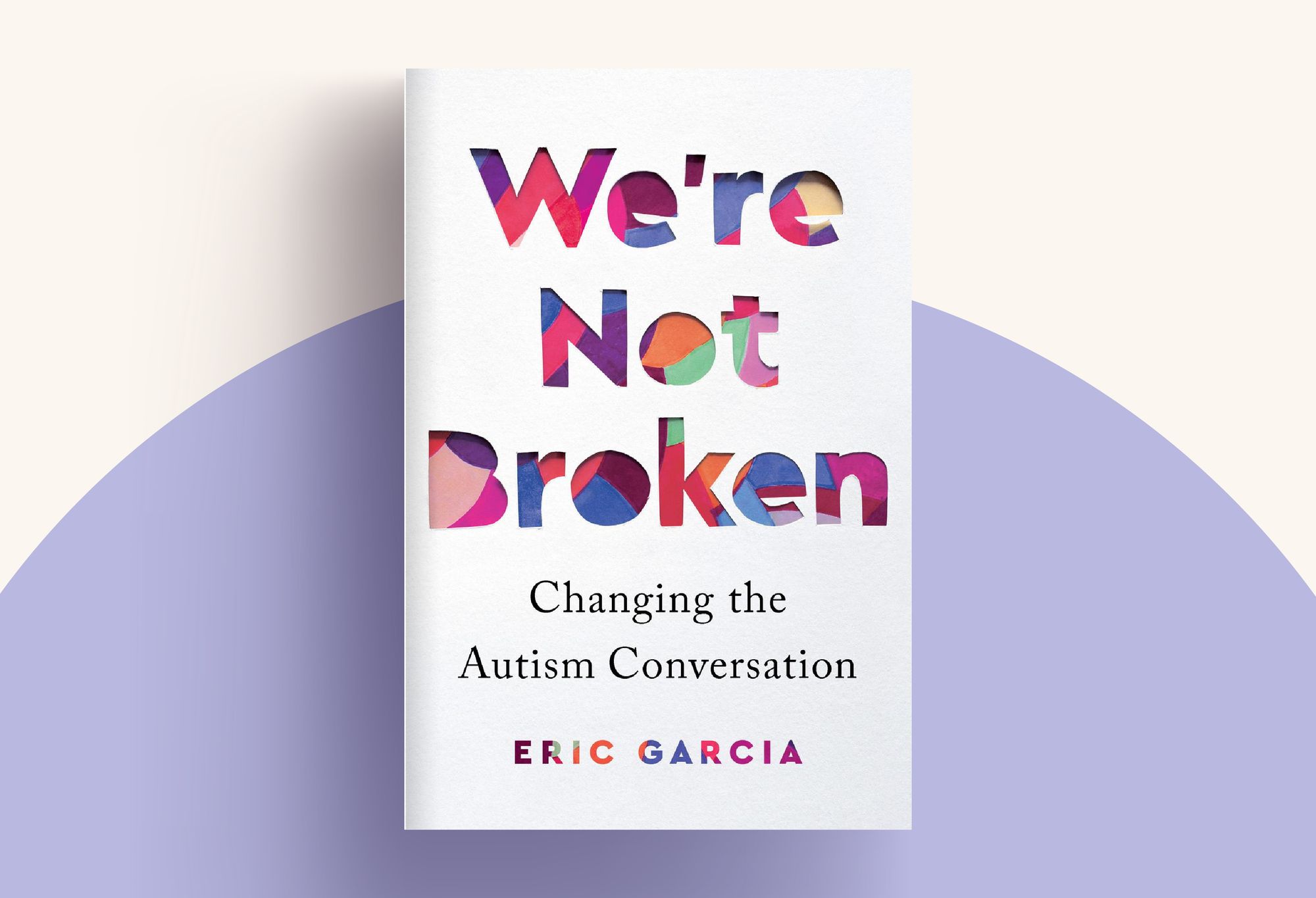
3. We're Not Broken by Eric Garcia
Garcia's book helps his readers understand autism in the American context. He brings his insights as an autistic person and a journalist, discussing history, laws, policies, and educational reforms pertinent to autistic individuals alongside interviews with autistic folx.
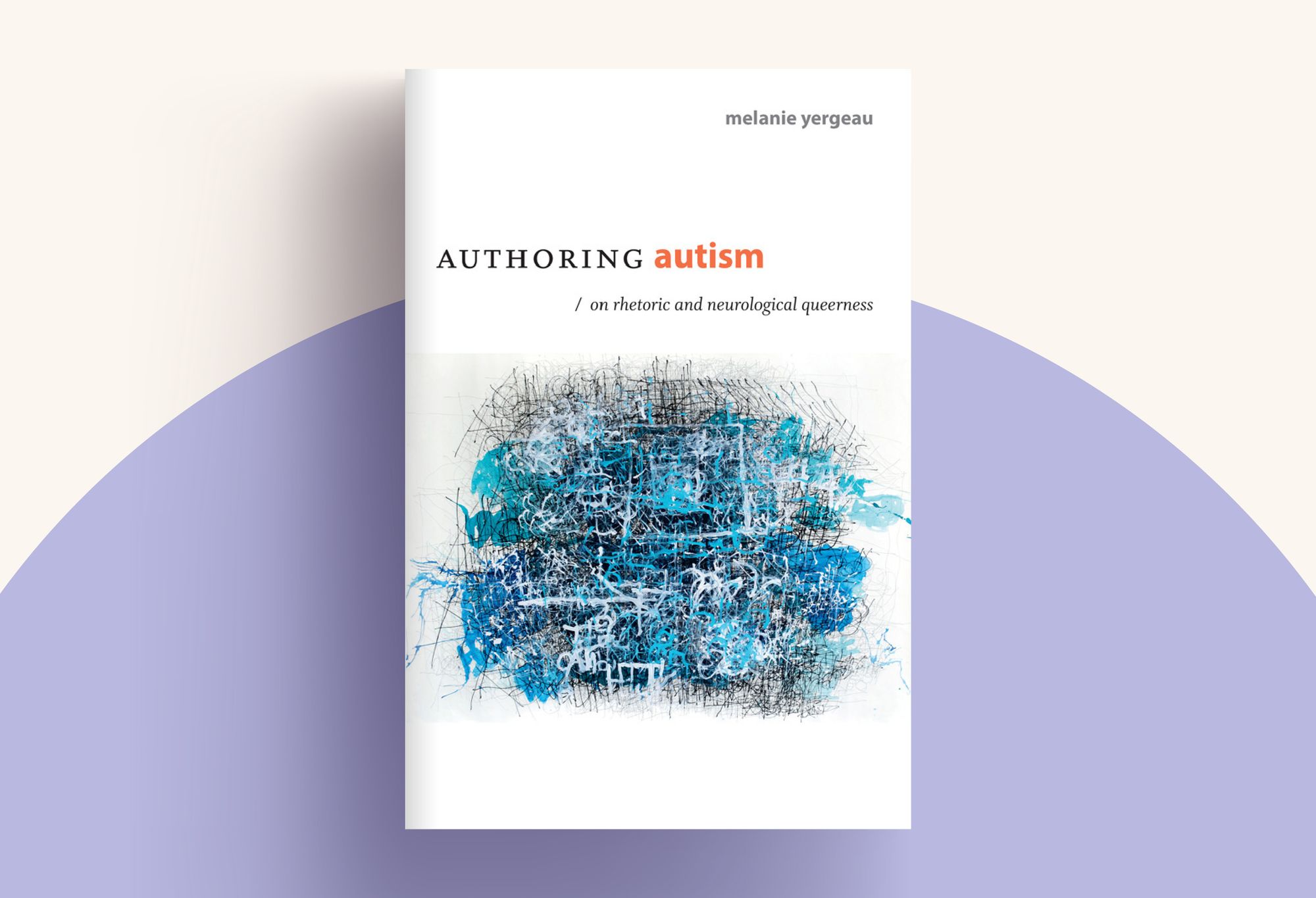
4. Authoring Autism by Dr M. Remi Yergeau
Though this book is quite academic and can be a challenging read, it is a must-have if one is interested to learn more about neuroqueerness. Dr Yergeau draws parallels between queerness and autism and how they have been treated similarly under medical pathologisation, where attempts have been made to train people out of them. In addition to neurological queerness, they also discuss the rhetorical discourse surrounding autistic folx.
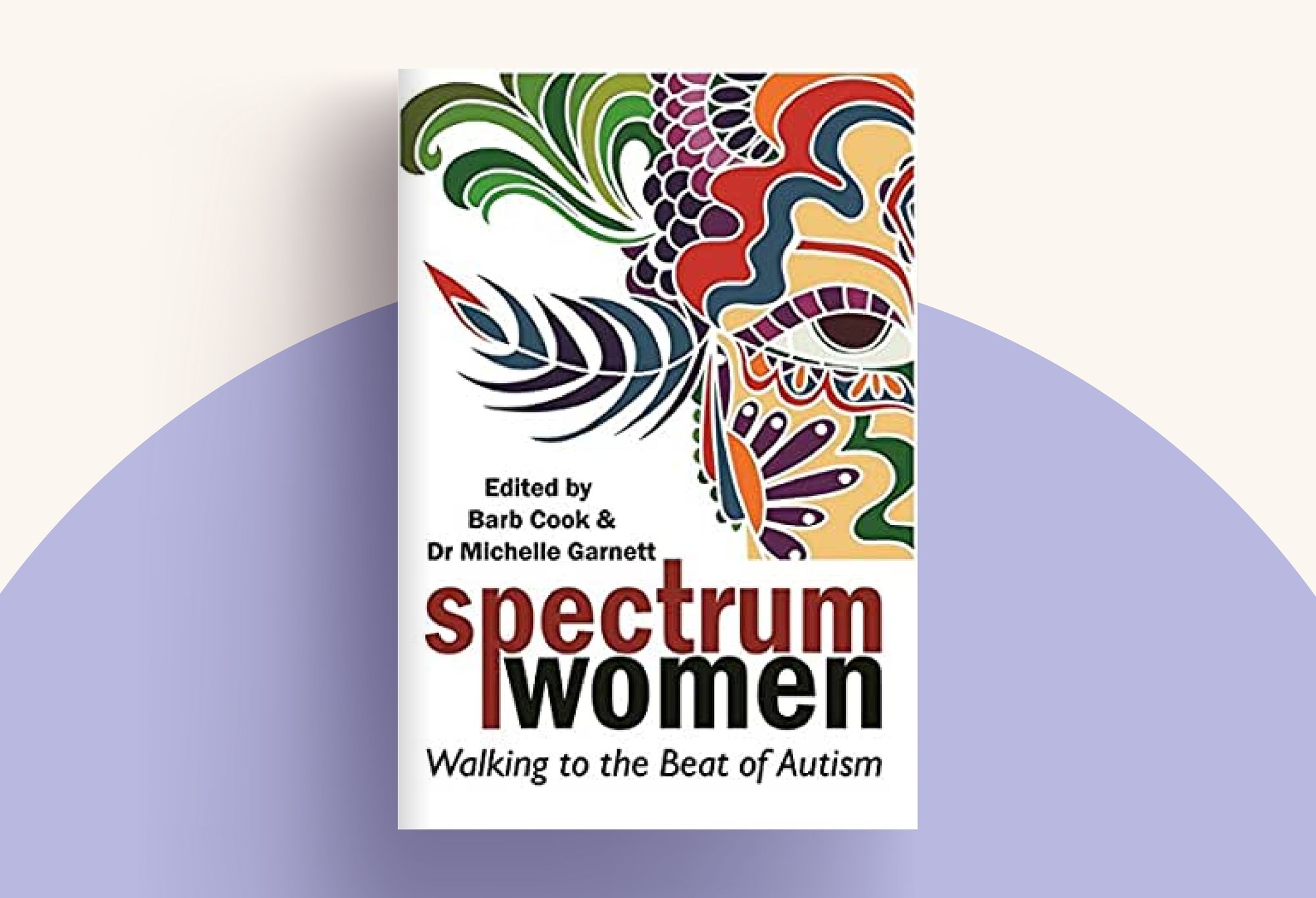
5. Spectrum Women by Barb Cook, Dr Michelle Garnett, et al.
Written by fifteen late-identified autistic women, this book is packed with insightful personal narratives. The writers reflect on their childhood and adulthood and how they stood out from their peers. In a confessional tone, they note what set them apart from others and how they tried to adapt to being different. These stories are also accompanied by insights from a clinical psychologist who specialises in autism.
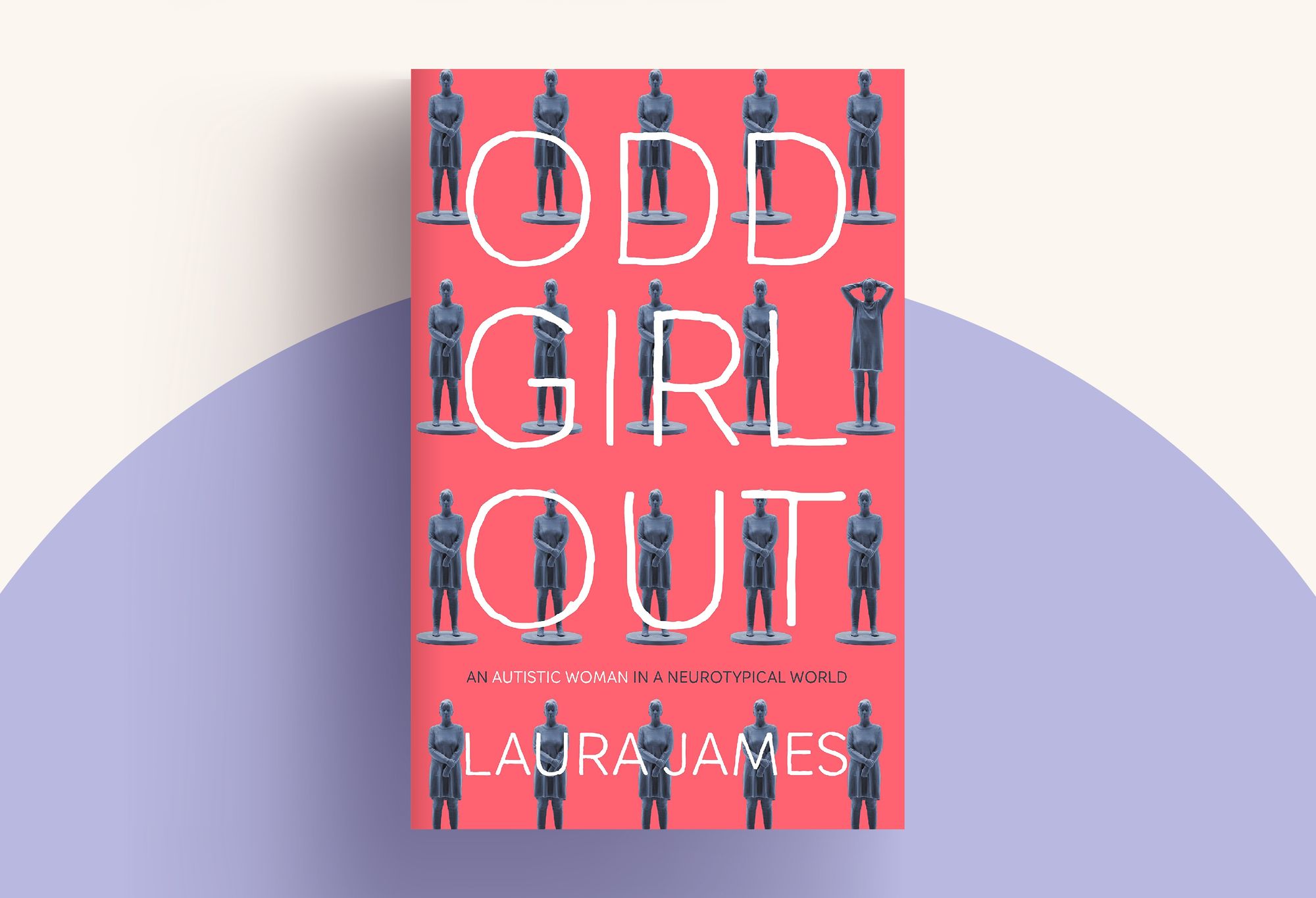
6. Odd Girl Out by Laura James
"If you have met one autistic person, you have met just one autistic person"–this is a popular expression within the autistic community which highlights that each autistic individual is unique. Even now, with the limited understanding of autism around us, many go undiagnosed and keep trying to “fit in”. Author James, who was clinically diagnosed at forty-five, has a similar story. She spent years wondering in agony why she was different. Her experience teaches us to be kind to everyone who defies our idea of normalcy, label or no label.
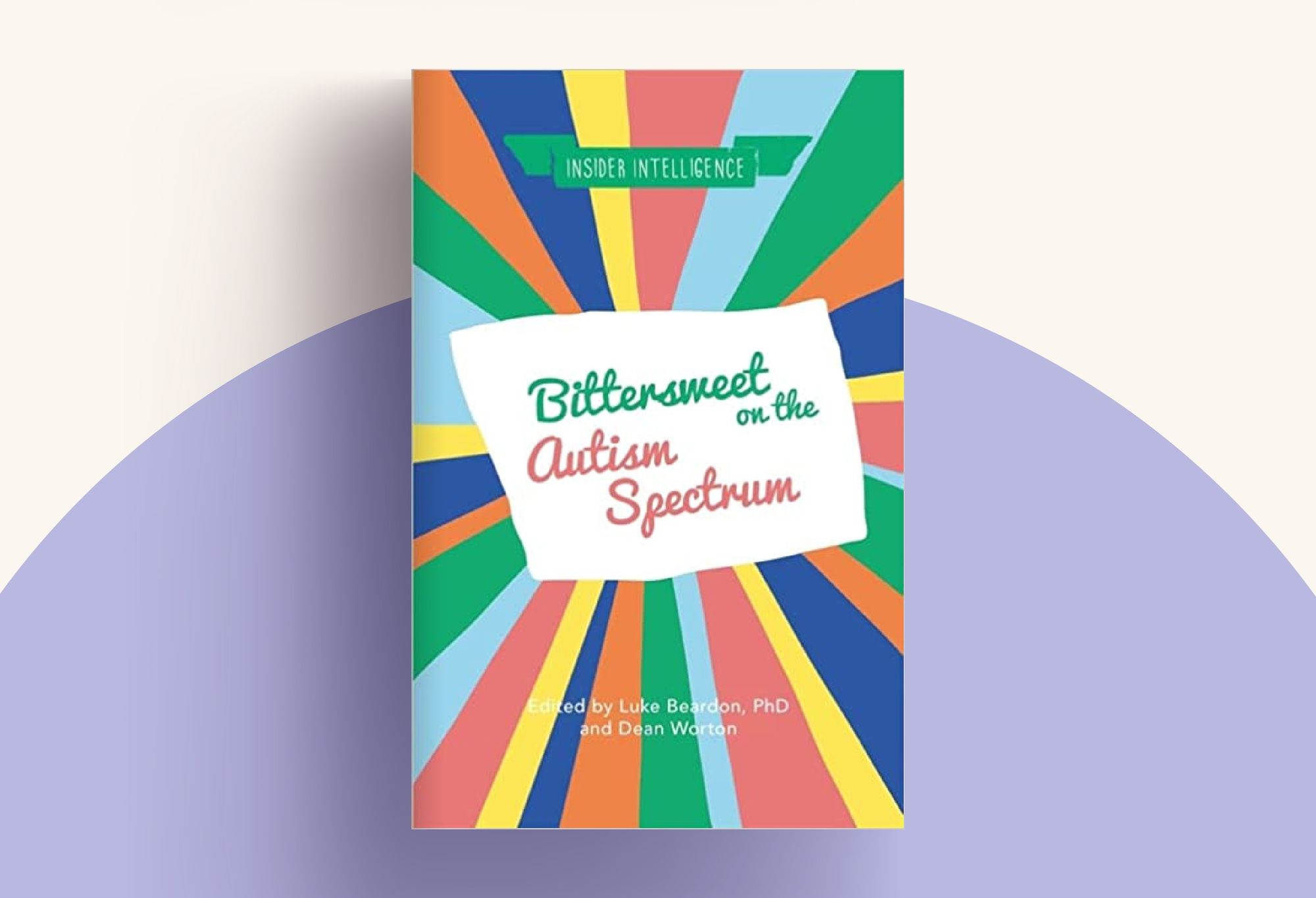
7. Bittersweet on the Autism Spectrum by Dr Luke Beardon and Dean Worton
In this book, twenty-eight writers share their positive experiences as autistic individuals. These stories illustrate how the authors accomplished things, looked for the good in life's medley of good and terrible and bounced back to survive. Hence, the use of the word "bittersweet" in the title. Since autism is still considered “unfortunate,” this makes for an empowering read, which illustrates that autism need be viewed as limiting.
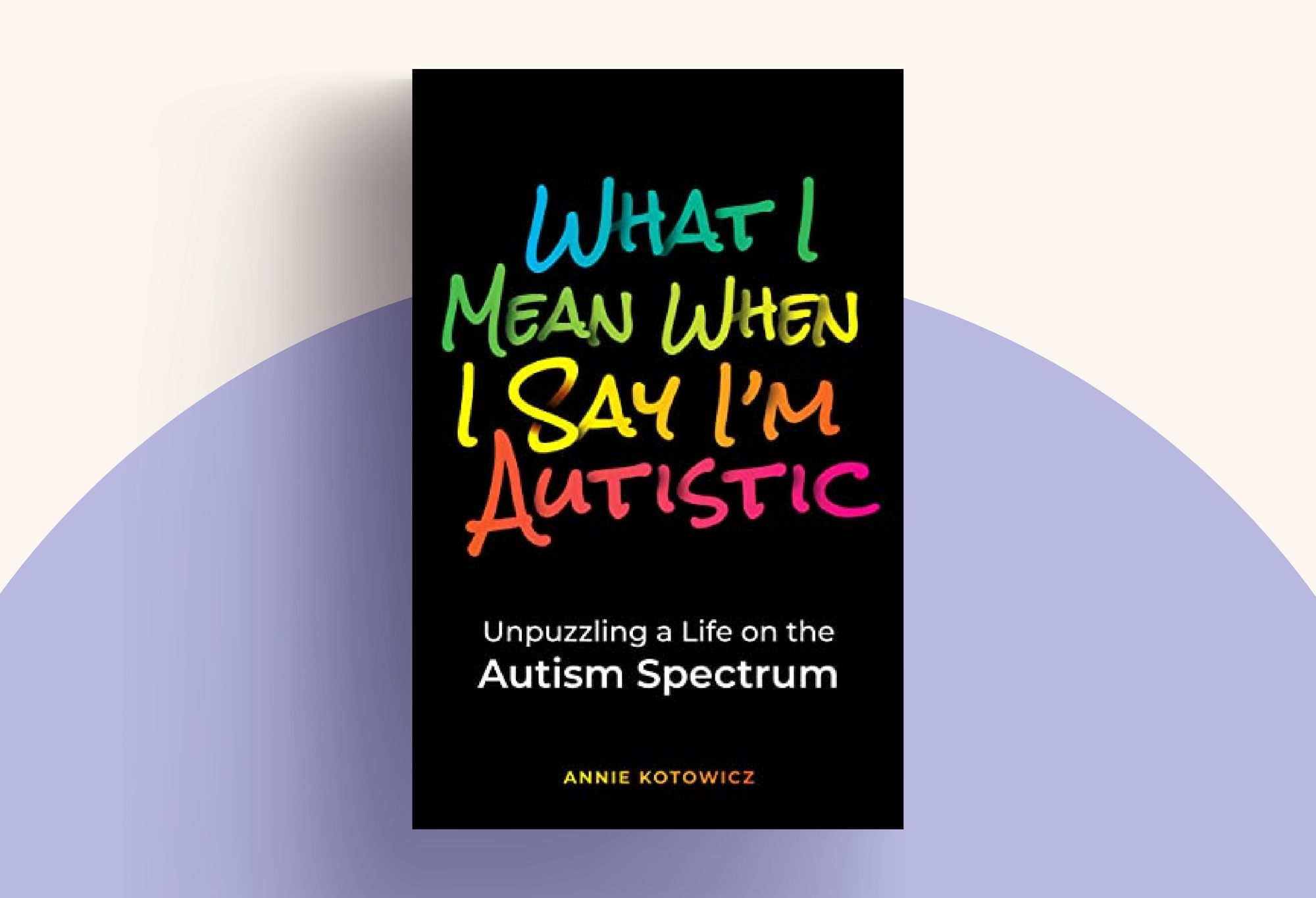
8. What I Mean When I Say I'm Autistic by Annie Kotowicz
A short and sweet read. The discourse around autism is frequently perceived as being overly technical or being presented in an unbalanced manner. This book is an exception. The author often emphasises that these are her experiences with what it's like to have an autistic brain and that others may have different viewpoints and preferences.
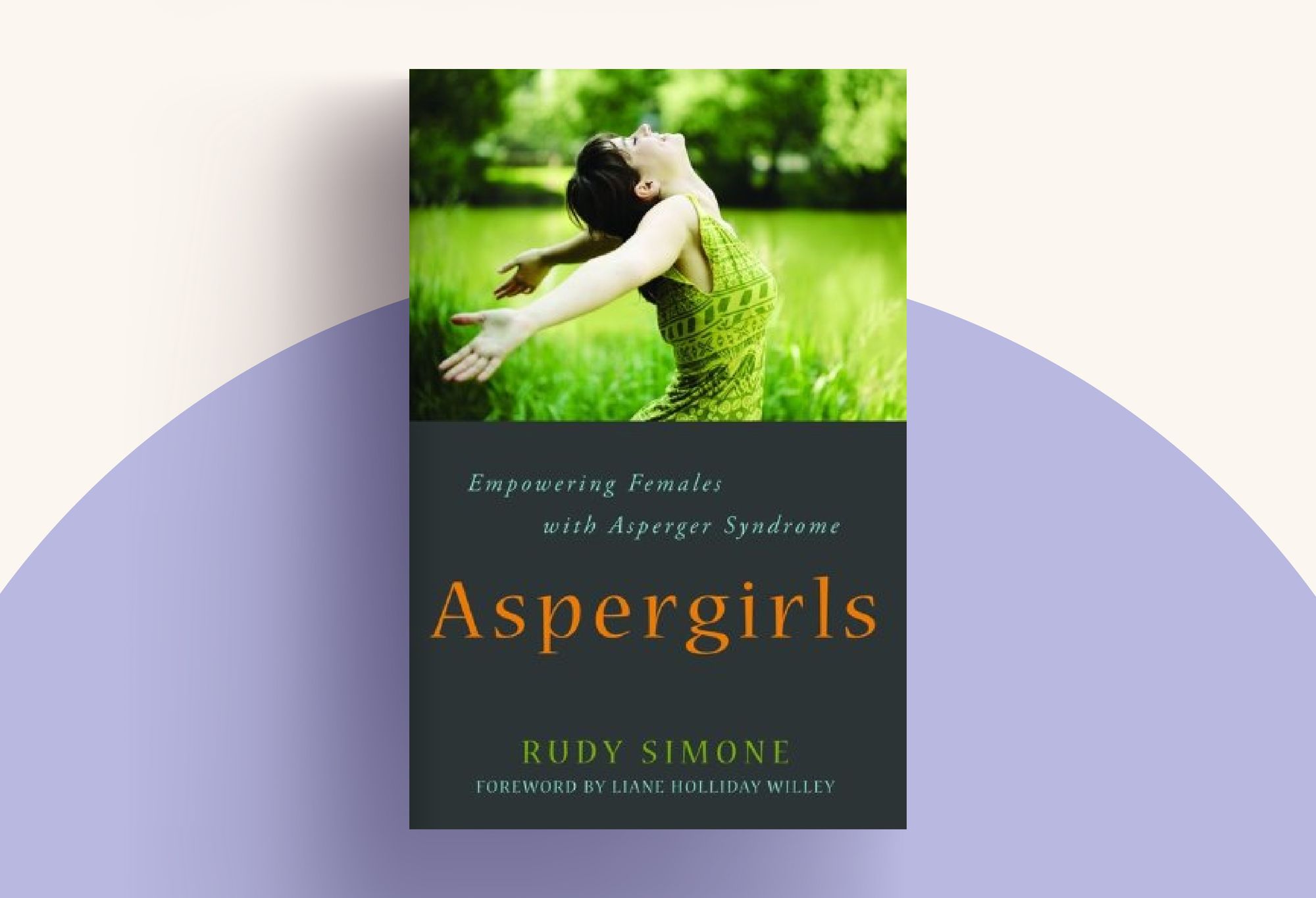
9. Aspergirls by Rudy Simone
An easy-to-read, accessible and relatable book on how autism manifests in women. As everyone on the spectrum is unique, all aspects might not apply to every autistic woman, but one can enjoy the bits that apply to them. The author uses "women" to mean AFAB folx and says they experience these traits differently because there's a distinction when it comes to social expectations from those assigned male or female at birth. It was comforting to read this one.
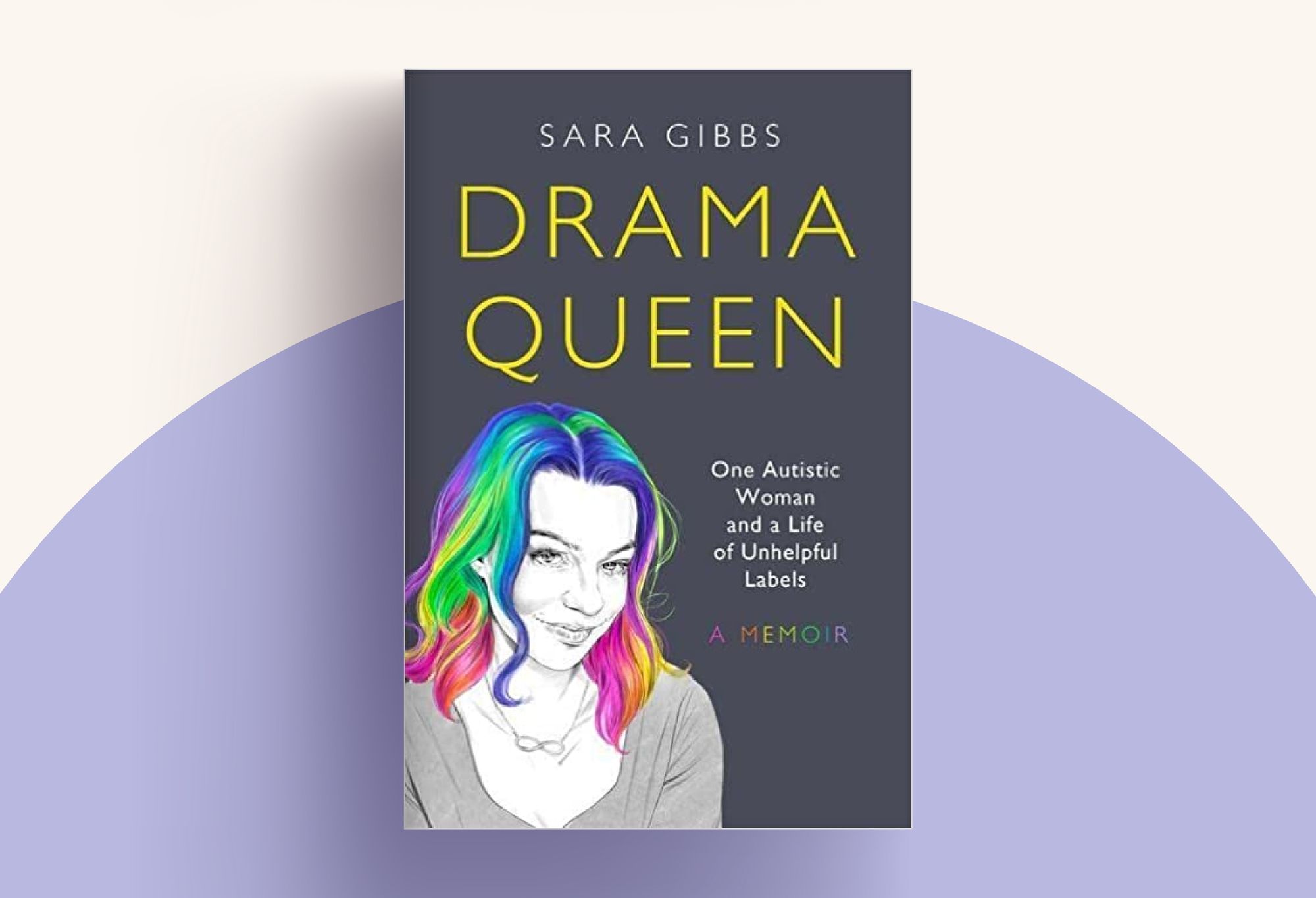
10. Drama Queen by Sara Gibbs
Autistic people grow up with many labels; Gibbs, too, grew up with many, including “drama queen.” These labels were slapped by those who couldn’t understand her behaviour, intense emotions or meltdowns. This book is about the story of a woman who tried to fit into a world where she was rejected; her journey of self-acceptance by ripping off the labels assigned to her one by one.
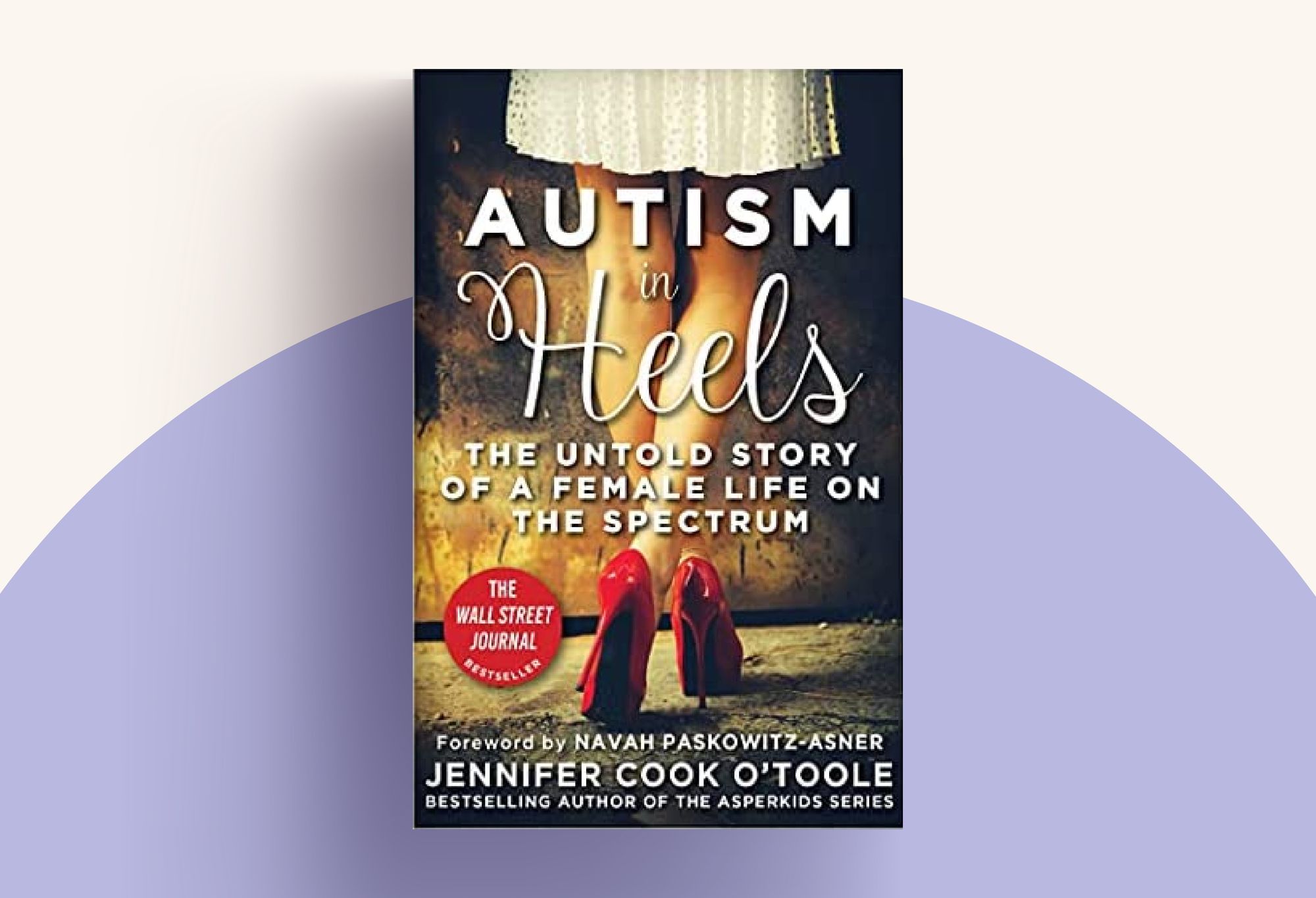
11. Autism in Heels by Jennifer O'Toole
Autism still goes largely undetected in individuals who were assigned female at birth. When they remain unidentified, and without support, they are prone to anxiety, which would otherwise have been avoidable to some extent, self-harm, eating disorders, and toxic relationships. O'Toole was no exception. This is an insightful and intimate memoir of an autistic woman diagnosed at age 35.
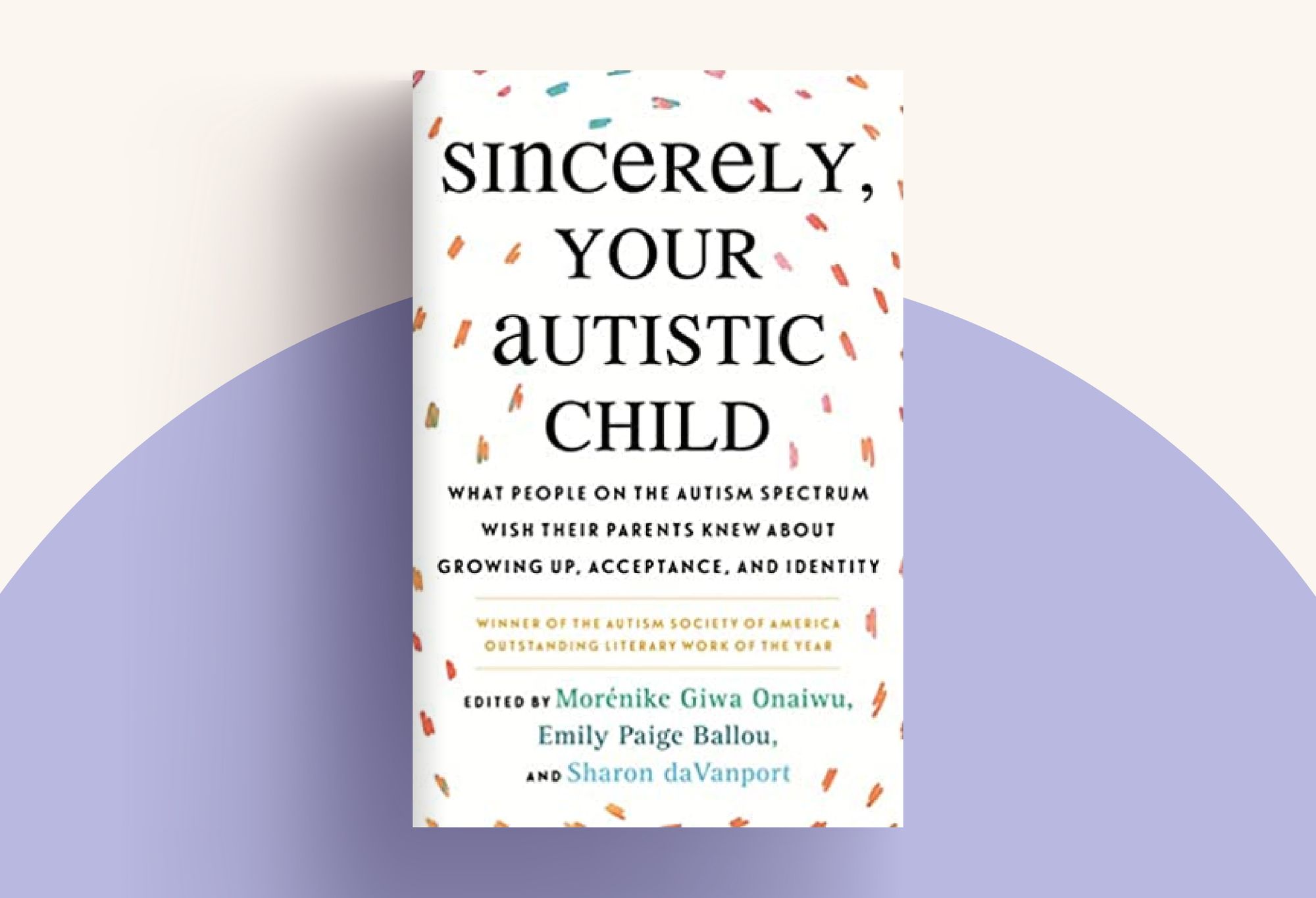
12. Sincerely, Your Autistic Child by Emily Paige Ballou, Sharon daVonport, and Morénike Giwa Onaiwu
A collection of essays written by autistic adults about things they wish their parents knew to help them feel truly accepted, supported and celebrated. This diverse anthology touches upon childhood, education, gender, sexuality, race and more, which is refreshing since much of the research on autism has been on cis white boys for the longest time.
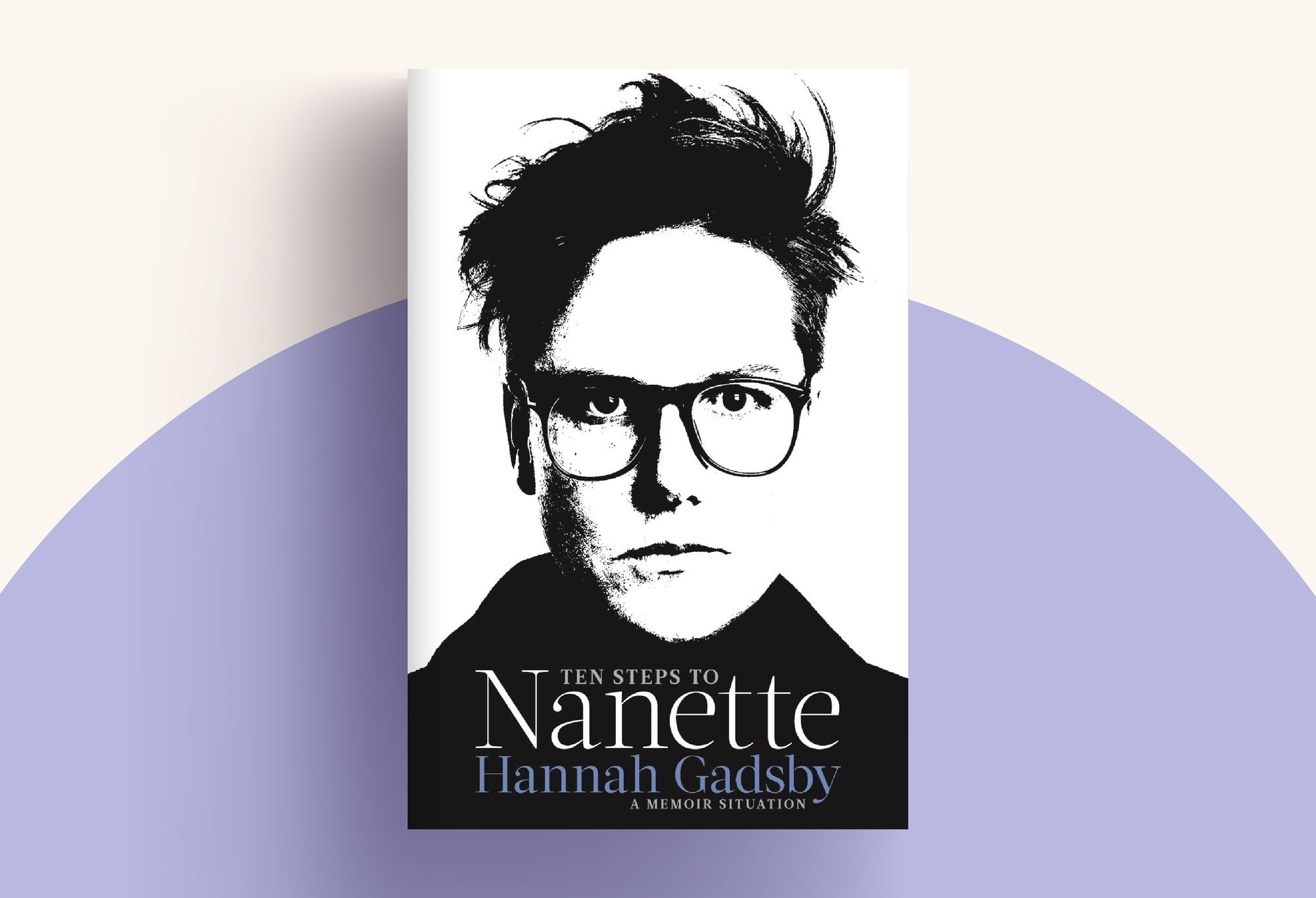
13. Ten Steps to Nanette by Hannah Gadsby
A humorous and insightful memoir despite the fact that the comedian shares the story of her trauma with visceral honesty. She discusses her queer self, adult autism, ADHD diagnoses, and her relationship with comedy. This account is sometimes harrowing, sometimes hilarious, but nonetheless highly perceptive.
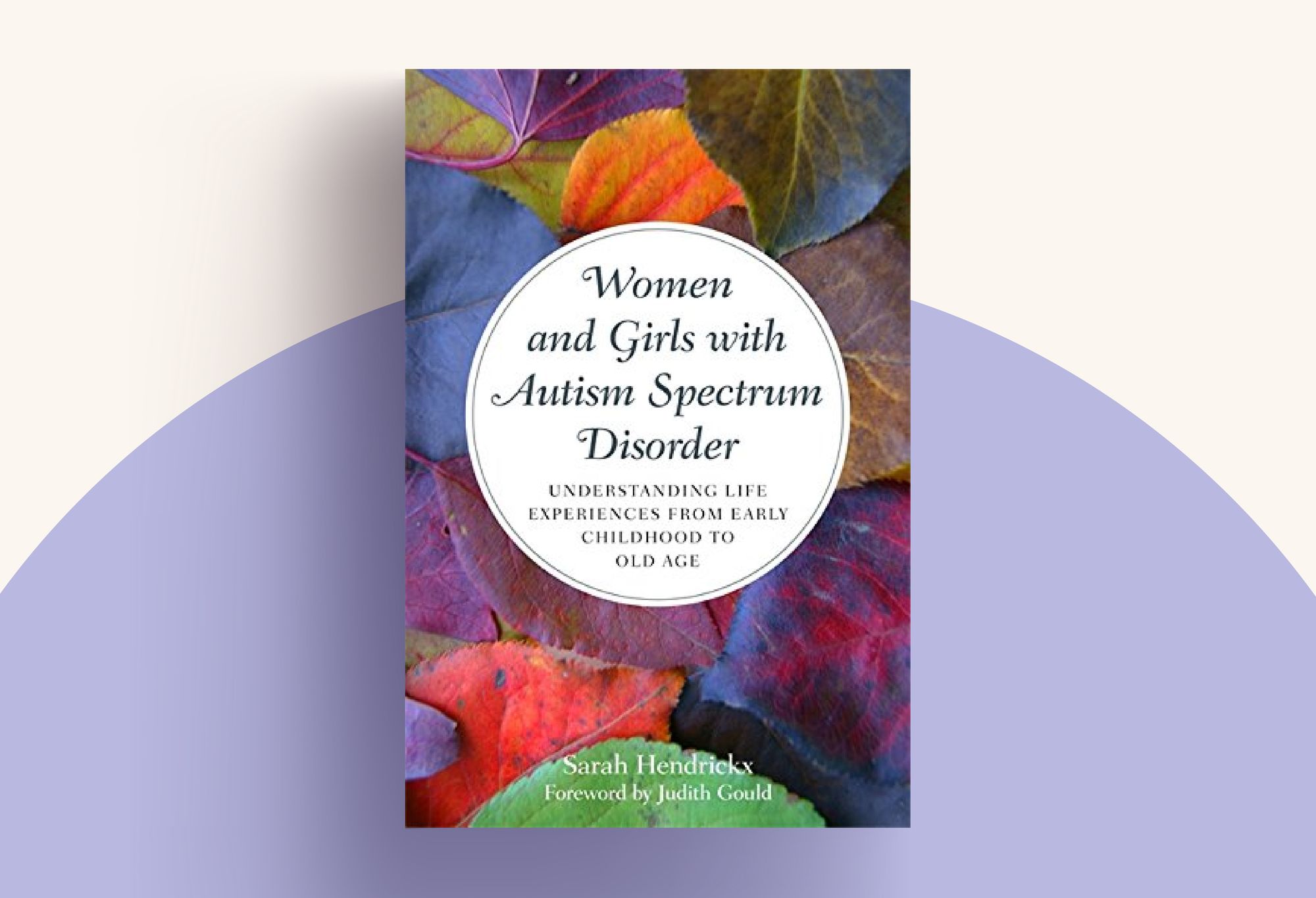
14. Women and Girls with Autism Spectrum Disorder by Sarah Hendrickx
An interesting read where the author combines available research on autism with her personal experiences and of some other women and girls. It's insightful as it lends understanding to the unique, under-researched and under-recognised manifestations of autistic traits in women and girls.
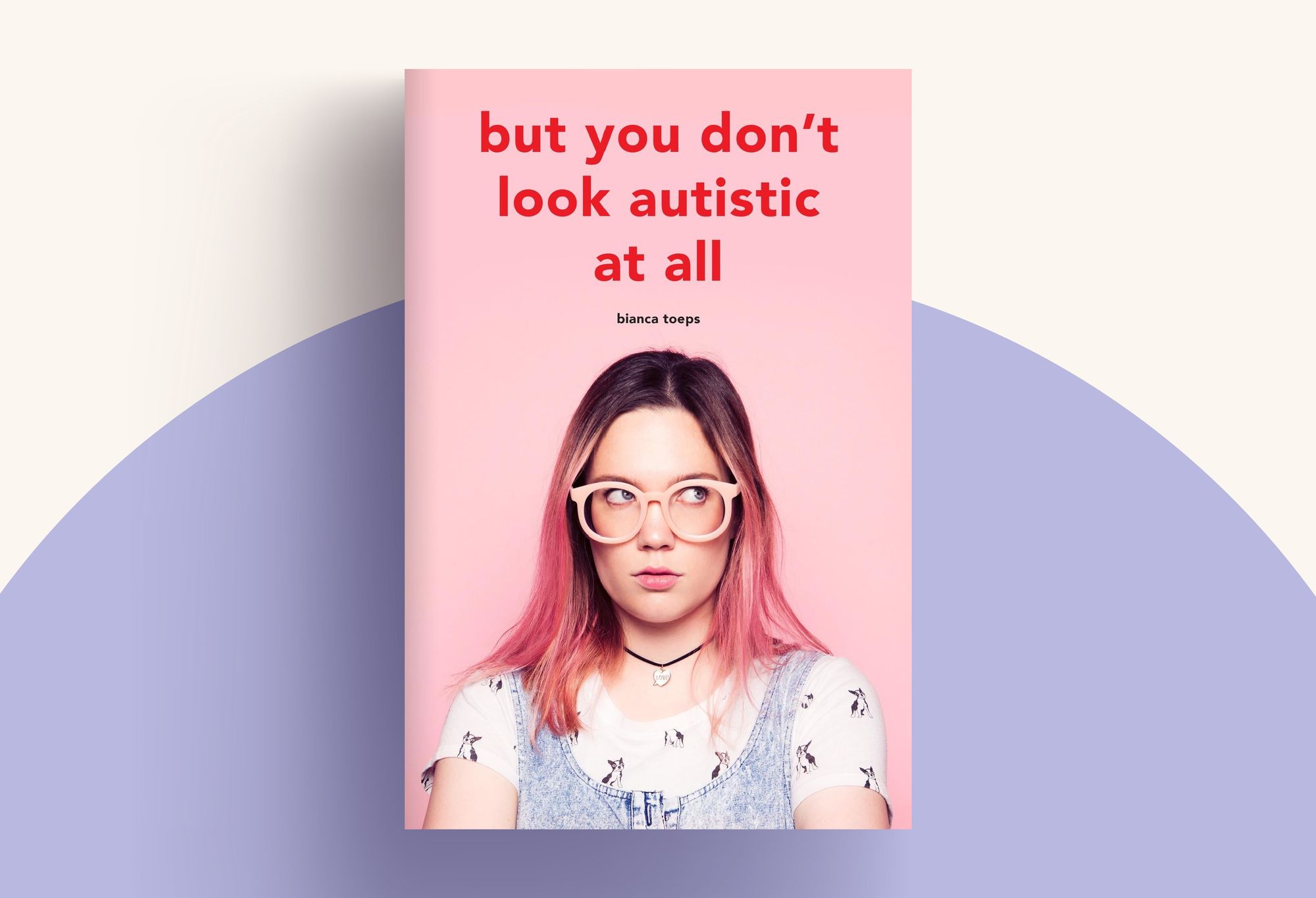
15. But You Don't Look Autistic at All by Bianca Toeps
"You don't look autistic"– many autistics hear this from supposedly well-meaning people, especially when they are masking their autistic traits. People often assume that all disabilities are visible, and they say this to "compliment" autistic folx because they look "normal." This book discusses why this expression might be more harmful than helpful. It has various other refreshing anecdotes illustrating what autistics encounter in everyday life.
For the longest time, autism was represented as a white, cis-gender man’s condition as most research considered only white cis boys. The experiences of autistic women, queer and gender diverse folx or BIPOC autistics were completely disregarded. These books present voices of those previously relegated to the margins, which is a welcome relief.



